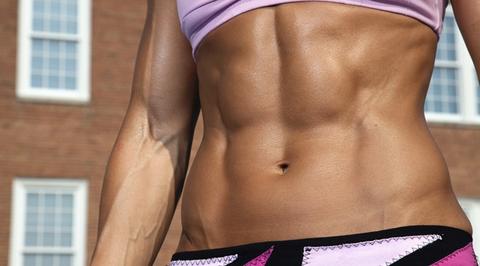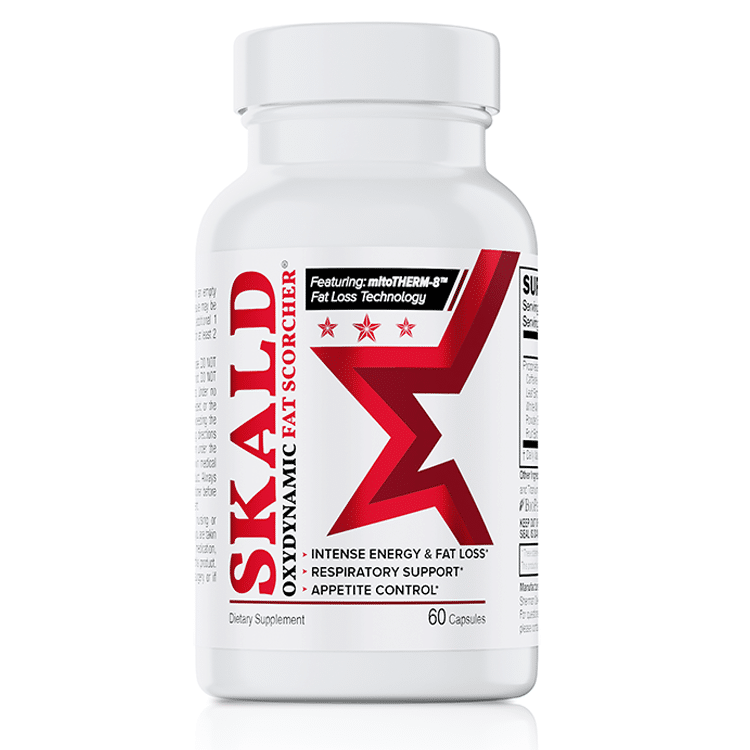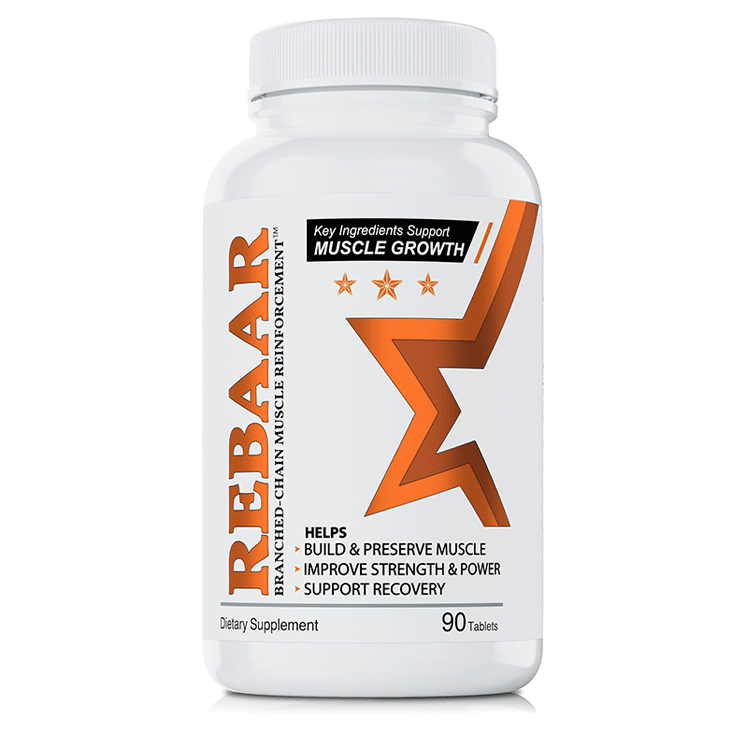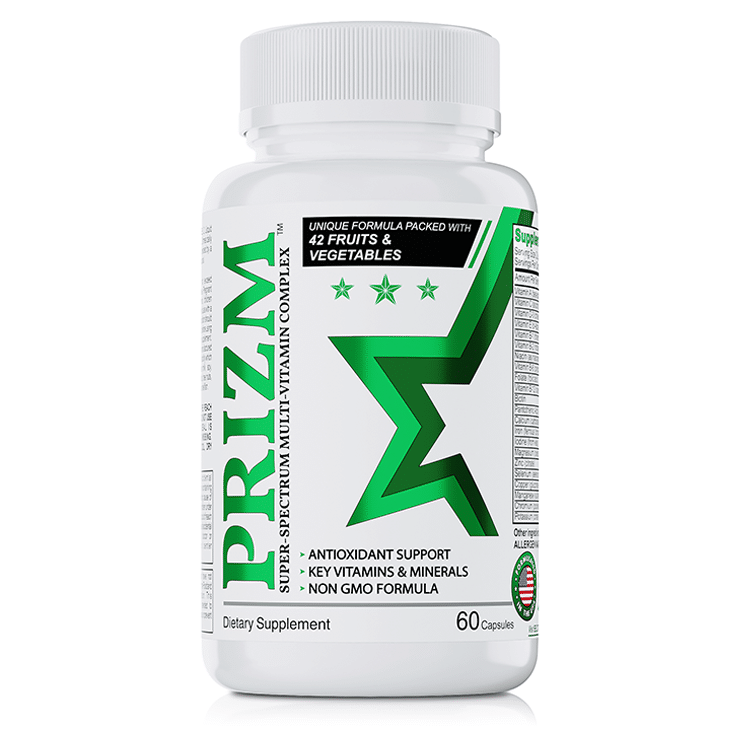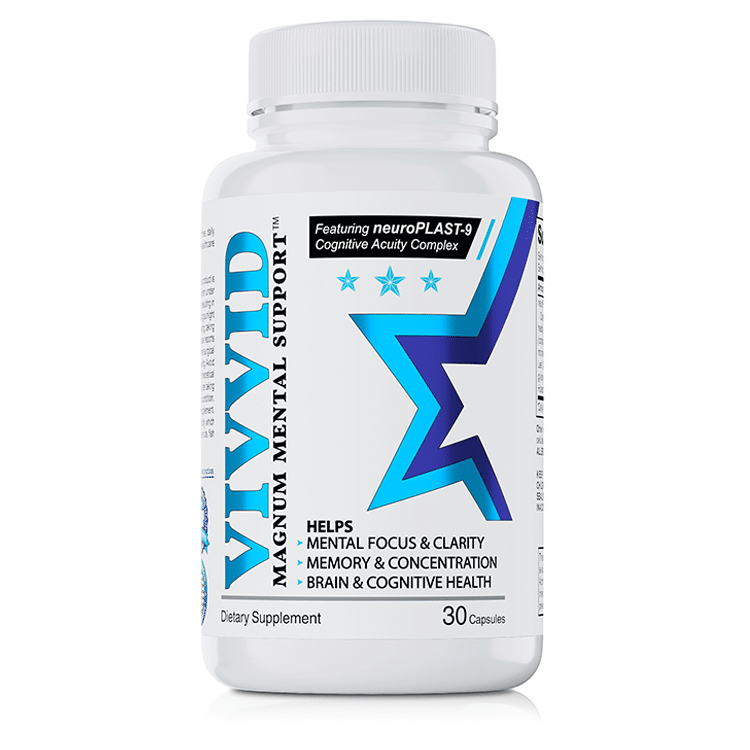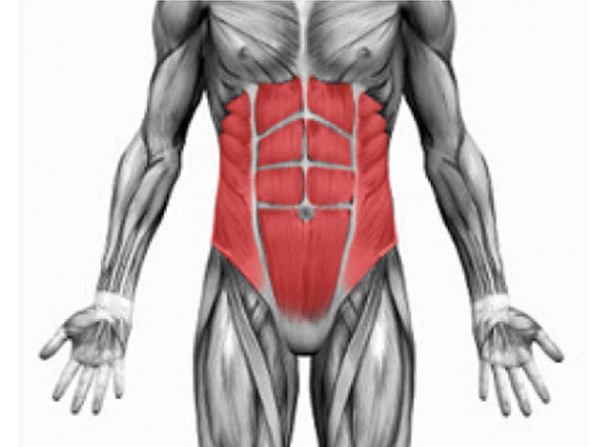Are all your efforts to burn fat yielding almost no results… or even setting you back? What about all the rampant bad advice and fad diets? Trust us, we get it. Unfortunately, it doesn't stop there. Because not only does fat spoil your appearance, it bears a direct negative impact on your overall health.
But there is hope. According to researchers, the following 9 lipid-torching tips can help you achieve that lean, sexy physique in less time:
1. HIIT It:
According to extensive research, high-intensity interval training, or HIIT, burns fat and calories much more effectively than regular cardio, both during the workout and for the 24 hours after you leave the gym.
2. Choose the correct calories:
Yes, counting calories is important. However, most people do it with absolutely no regard as to where those calories come from. Your primary focus should always be calorie-sourcing and portioning. For fat loss, a great rule of thumb is dividing your calorie sources into 40-50% lean protein (e.g. skinless chicken, grass-fed beef), 30-40% healthy fats (e.g. Omega-3 and Omega-6), and 10-30% quality carbohydrates (nothing refined or overly processed). This approach alone handles almost all of your dietary effort.
3. Drink up:
Did you know dehydration is the leading cause of fatigue? As a general rule, as recommended by The Institute of Medicine, adequate intake (AI) of fluids for women is about 9 cups (2.2 liters) of total water per day, and for men it's roughly 13 cups (3 liters) per day. Not only does drinking more water make your workouts more effective, but proper hydration can also stave hunger pangs. You see, these “pangs” are simply a response by the stomach when the body needs either food, water, or both. But because the sensation is exactly the same either way, it can trick you into thinking you need food, when it's really a matter of getting more fluids.
4. Join the resistance:
While weight training has been well studied for its effects on fat loss, one particular trial conducted through the University of New Mexico showed that lipolysis (fat breakdown) raised 78% during and 75% after resistance training as compared with the control (non-workout) day. In addition, fat oxidation (“fat burning”) was 105% higher after the workout day as compared to the control session. In short: muscle is metabolic.
(*Special note: there is a common concern among some of our readers about “bulking up”. Not to worry, because this is not about muscle gain, per se, but rather muscle engagement. In fact, simply working on muscle toning can bear a direct positive impact on fat metabolism. Pretty awesome, right?)
5. Sprint:
Sprinting uses more energy in a shorter period of time, and it causes your metabolism to speed up. This leads to better fat-burning during and after your sprint-training workout.
6. Go aerobic:
Did you know fat produces 18 times more energy than the body's next two main energy sources (glycogen and phosphagen)? Pretty awesome, right? Well, there's a catch: it takes much longer for your body to go aerobic and convert fatty acids into fuel. In fact, one study conducted through the University of Michigan Medical School indicates that it takes more than 30 minutes of exercise before your body shifts from burning glucose to burning fat. This is one of the main reasons many people never achieve the fat-loss they want–because they never actually reach an aerobic state where their body utilizes fat as its primary fuel source.
7. Focus on the whole:
Spot reducing is a huge waste of time, as your body doesn't burn fat from one specific area. Instead, get those full-body workouts in, and target EVERY muscle in your body for optimum burn.
8. Go high-protein, lower carbs:
Remember: muscle is metabolic, and protein is what you need to support muscle growth and maintenance. So, adding protein to your diet is the key to both weight loss and lean muscle gain. Control your carb intake, and make sure you are ONLY eating complex carbohydrates with your proteins and fats.
9. Supplement your efforts:
While the above 8 tips are critical no matter who you are, even the greatest athletes around will hit a plateau at some point and stop seeing results (trust us, we've sponsored some of the biggest names around). That's why it takes a good boost to take things to the next level, and the right supplements can really do the trick. However, it should be noted that supplements are designed to boost efforts, not replace them. So, whether you decide to incorporate them from the very beginning or later on, be sure to dial in your dietary and fitness efforts along the way.
